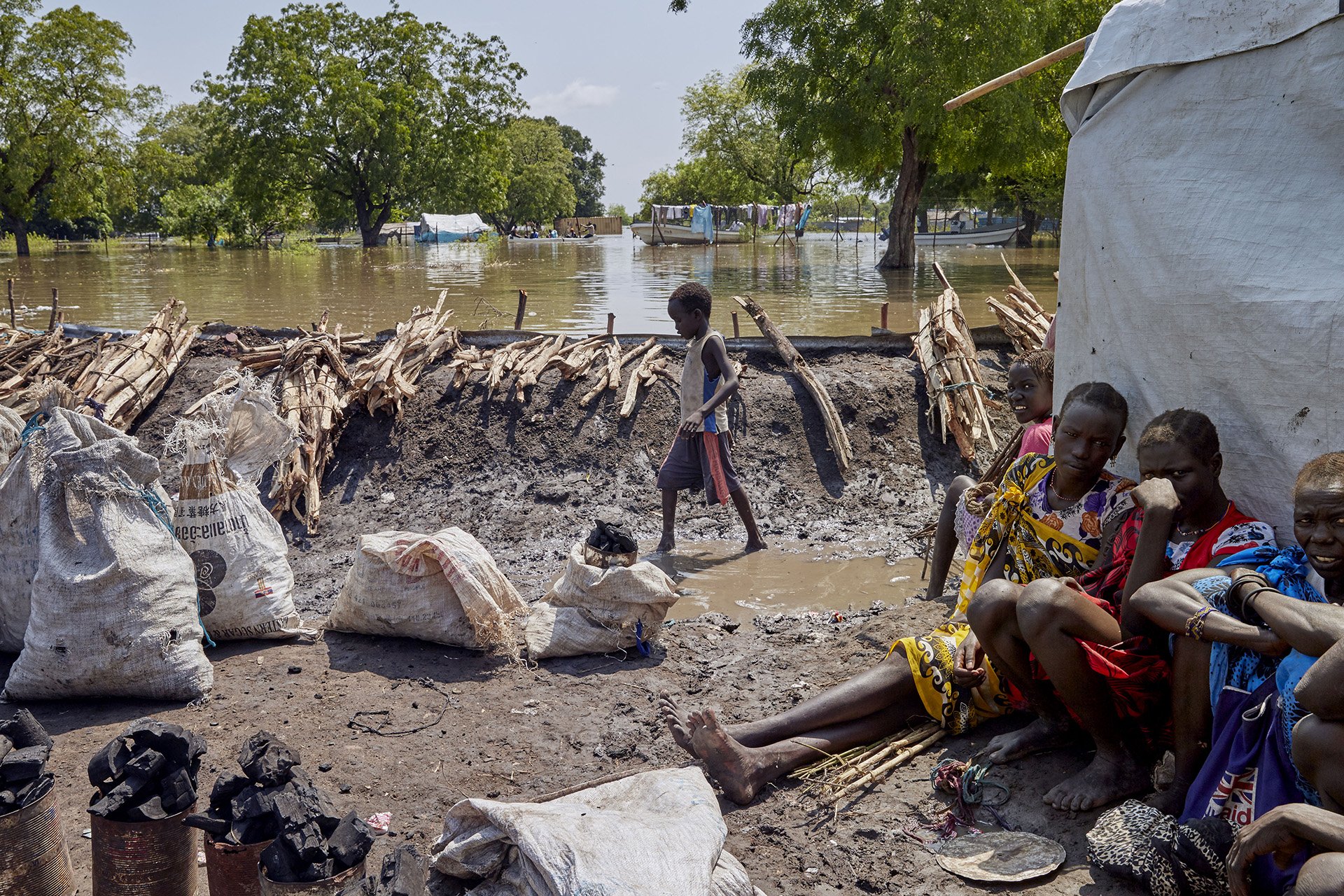South Sudan’s warring parties agreed to form a long-delayed unity government last week – a major step forward to ending six years of conflict that left an estimated 400,000 people dead in the world’s youngest nation.
Rebel leader Riek Machar was appointed first vice president – having previously held the job in 2016 and 2013 – by President Salva Kiir, who said peace in the country was now “irreversible”.
Machar and Kiir first signed a power-sharing deal in September 2018 but were unable to finalise negotiations and missed two previous deadlines – May 2019 and November 2019.
Aid groups will hope the latest agreement helps alleviate a long-running humanitarian crisis that has left millions of people displaced and hungry. Others will hope the agreement just holds together.
Previous attempts at forging peace in South Sudan have all failed – most notably in 2016, when Machar fled the capital, Juba, under a hail of bullets just weeks after being sworn in as vice president.
The current deal still has plenty of sticking points to navigate, from the formation of an 83,000-strong unified army, to the question of Machar’s personal protection and the internal boundaries of the state.
But both sides made considerable compromises to reach this point – a sign, according to the International Crisis Group, that they are “more willing participants in this unity government than in the last failed one”.
As hopes are raised, here are some key TNH stories from years of on-the-ground reporting.

South Sudan peace deal deadline looms as questions linger on financial transparency
A unity government has been formed but questions remain over how tens of millions of dollars pledged by the government to implement the peace deal have been spent.

Briefing: What’s behind South Sudan’s delayed peace deal
Putting a deal in place wasn’t easy and there are still plenty of issues to navigate in the months ahead.

After floods, an early ‘lean season’ awaits South Sudan
Violence has reduced but the humanitarian picture remains bleak, with devastating floods last year affecting around one million people.

South Sudan: ‘The whole country is traumatised’
Decades of war have left almost half the population with post-traumatic stress symptoms and little mental health care.

In South Sudan, a ‘war on civilians’ despite six months of supposed peace
Violence between government forces and parties who refused to accept the peace agreement escalated last year. The spoilers could strike again.

The war in Equatoria
A special multimedia report on how the once peaceful region of Equatoria became South Sudan’s main theatre of war.




